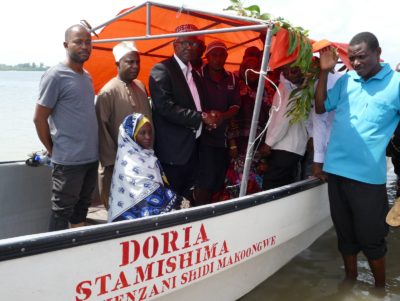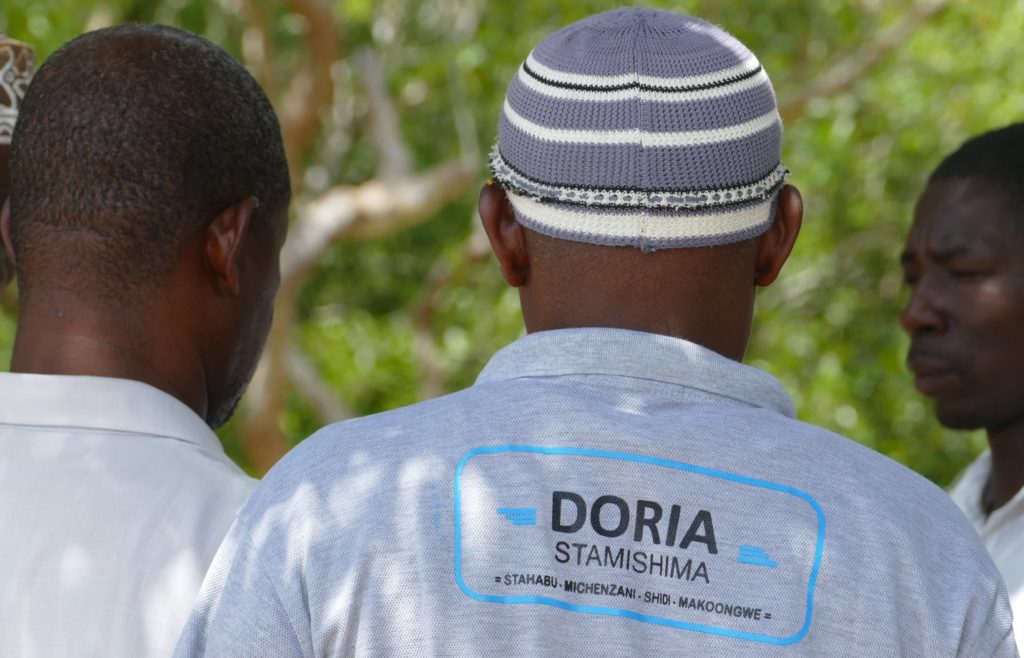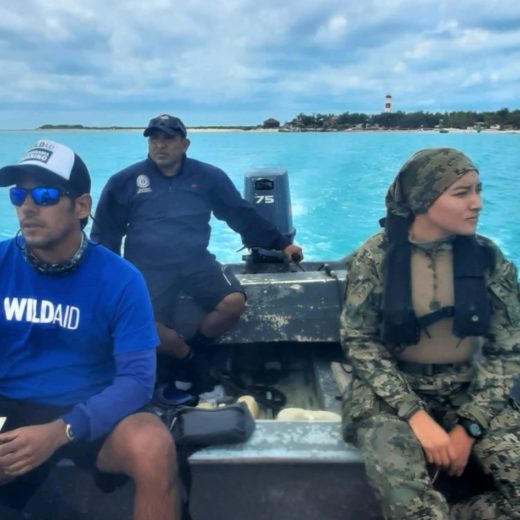
Originally Posted by WildAid Marine.
Pemba Island and the surrounding waters in Tanzania’s Zanzibar Archipelago are home to some of East Africa’s deepest and most diverse coral reefs, making it a priority conservation area for the region and the world. The island’s reefs and fisheries also sustain approximately 400,000 fishers and families who depend on artisanal fishing for their livelihoods.
Over the past ten years, Pemba’s artisanal fishing sector has grown more than 15 percent. Illegal and destructive fishing practices threaten the health of fish populations and endangered marine species and have diminished the resilience of the region’s reefs. The compounding threats of climate change, coral predation by crown-of-thorns starfish, and coral bleaching continue to endanger the long-term viability and vitality of Pemba’s reefs (IUCN 2009).
In 2019, WildAid Marine partnered with Marine and Coastal Community Conservation Zanzibar (MCCC), which represents a network of coastal communities and local Shehia Fishing Committees (SFCs), to strengthen marine and fisheries enforcement in the region. While SFCs have proven effective in patrolling and managing their nearshore marine territory, they historically lacked patrol boats that would allow them to enforce fisheries laws in the larger marine area.


In honor of World Oceans Day in 2019, generous WildAid Marine supporters collectively raised $50,000 for the purchase of two patrol vessels. After more than a year and a half of careful preparation, two new patrol vessels were delivered to the Collaborative Management Groups (CMG) of STAMISHIMA and KUKACHOKI in Mkoani District, Pemba, in January 2021. Dr. Abdallah Hussein Kombo, Minister of Blue Economy and Fisheries, presided over the transfer of patrol vessels, demonstrating a political commitment to support coastal communities and their marine enforcement activities.
The vessels, each seven meters with a 15-horsepower engine, will fill a critical gap in enforcement in the Pemba Channel Conservation Area. In advance of the transfer, WildAid Marine developed materials for MCCC and the Department of Fisheries Development, with funding from USAID, to provide basic patrol training to over 40 CMG patrol representatives. Additional patrol job aides and training materials were provided to ensure a foundation for safe, effective, and efficient use of the patrol vessels.


Achieving sustainable marine management is essential not only for the protection of endangered species, such as the blacktip reef shark and bumphead parrotfish, but also for preserving Pemba’s culturally important fisheries and local communities’ way of life. The provision of training and patrol vessels empowers Pemba’s local fishing committees and collaborative management groups to protect their waters and sets them on the course to success. In the coming months, WildAid Marine will work closely with MCCC to identify additional areas where WildAid’s expertise can support efforts to improve marine conservation in the Zanzibar Archipelago.
References
Grimsditch, G., Tamelander, J., Mwaura, J., Zavagli, M., Takata, Y., and Gomez, T. Coral Reef Resilience Assessment of the Pemba Channel Conservation Area, Tanzania. IUCN, 2009. https://www.iucn.org/sites/dev/files/import/downloads/pemba_report___final.pdf
Stay in touch and get the latest WildAid updates.
SIGN UPAbout WildAid
WildAid is a non-profit organization with a mission to protect wildlife from illegal trade and other imminent threats. While most wildlife conservation groups focus on protecting animals from poaching, WildAid primarily works to reduce global consumption of wildlife products such as elephant ivory, rhino horn and shark fin soup. With an unrivaled portfolio of celebrity ambassadors and a global network of media partners, WildAid leverages more than $308 million in annual pro-bono media support with a simple message: When the Buying Stops, the Killing Can Too.
Journalists on deadline may email communications@wildaid.org


